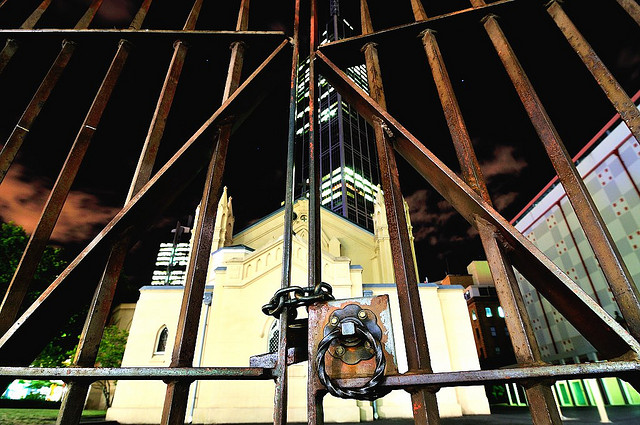Tag: pride
-

I Felt Ashamed At Pagan Pride
The circle. The circle is fundamental. This simple shape, along with the square and the triangle, introduces our early minds to geometry, to symmetry, to physical and social design. This past weekend I felt ashamed at Pagan Pride on account of a circle. My body helped form the edge of a circle. My body stood […]
-

Curses, Shame, and a High-Functioning Mexican
I watched her shovel the snow in fits and starts with a 3-year-old boy trailing behind, and I felt sorry for her. She was at home during most days with the little one, while her husband, I presumed, was out at work. I never saw him shovel. Rarely did I see him at all, to […]

